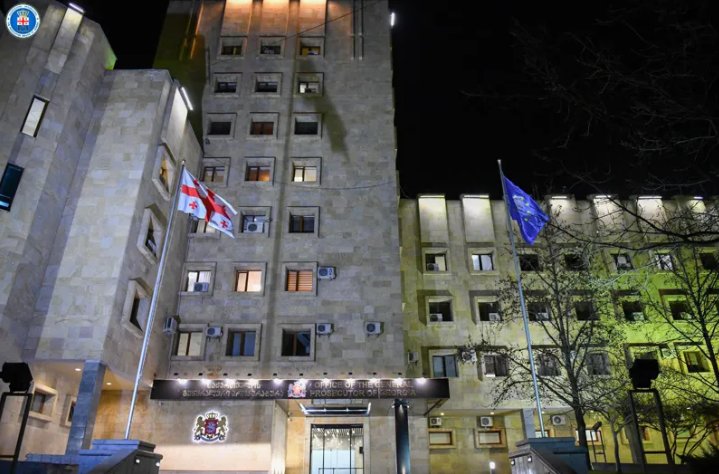
TBILISI, September 16 – Georgia’s prosecutors say they have uncovered the country’s biggest-ever money laundering case, involving more than USD 624 million and EUR 35 million allegedly funneled through illegal cash smuggling and fake currency exchange operations between 2022 and 2024.
One suspect has been arrested, though officials have not named the individual. The Prosecutor’s Office said the investigation, conducted with the State Security Service, revealed a network that smuggled large sums of undeclared foreign currency from neighboring countries hidden inside vehicles. The money was delivered to a currency exchange office owned by the suspect and presented as legitimate business income.
According to investigators, the scheme involved converting the illicit cash into bank deposits, disguising it as revenue from licensed exchange operations. False data was allegedly provided to commercial banks, and the laundered funds were later used to buy property and other assets.
During raids, authorities seized large amounts of cash. Prosecutors said they will now pursue legal measures to confiscate both the money and related assets in favor of the state.
The charges carry a penalty of up to 12 years in prison. Officials added that in previous cases, seven people have already been convicted of similar crimes, with courts ordering the seizure of assets worth about GEL 13 million (USD 4.9 million).

